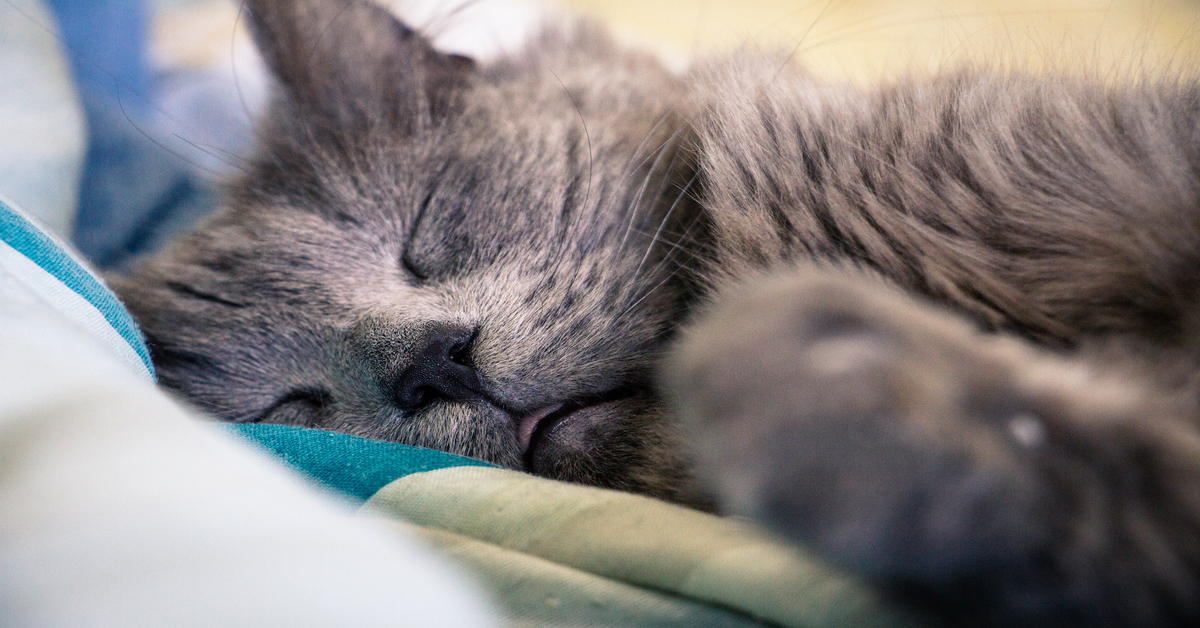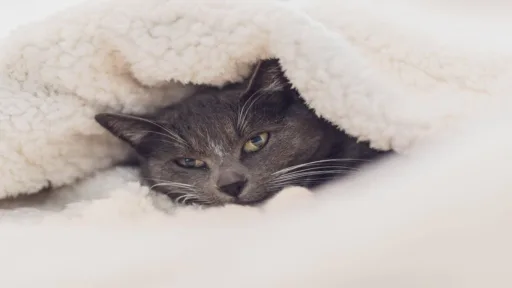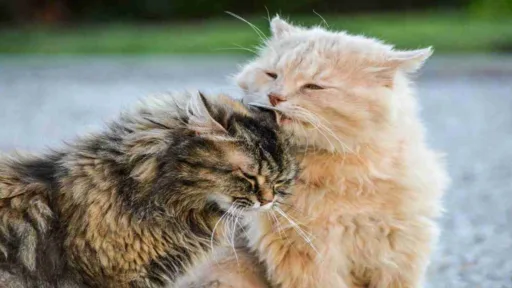Can a cat get parvo?: Parvovirus, specifically Canine Parvovirus (CPV), is a highly contagious viral infection that affects dogs, particularly puppies. It spreads through direct contact with an infected dog or contaminated feces, environments, or objects.
What is the parvo?
Parvovirus, specifically Canine Parvovirus (CPV), is a highly contagious viral infection that affects dogs, particularly puppies. It spreads through direct contact with an infected dog or contaminated feces, environments, or objects.
The virus primarily targets the gastrointestinal tract, causing severe symptoms such as vomiting, diarrhea (often bloody), lethargy, fever, and loss of appetite. It can lead to dehydration and weaken the immune system, making affected dogs susceptible to secondary infections.
Can a cat get parvo?
Cats can also be affected by a type of parvovirus called feline panleukopenia virus (FPV). which is similar to the canine parvovirus (CPV) that affects dogs. Feline panleukopenia virus causes a highly contagious and potentially fatal disease in cats, especially kittens and unvaccinated cats.
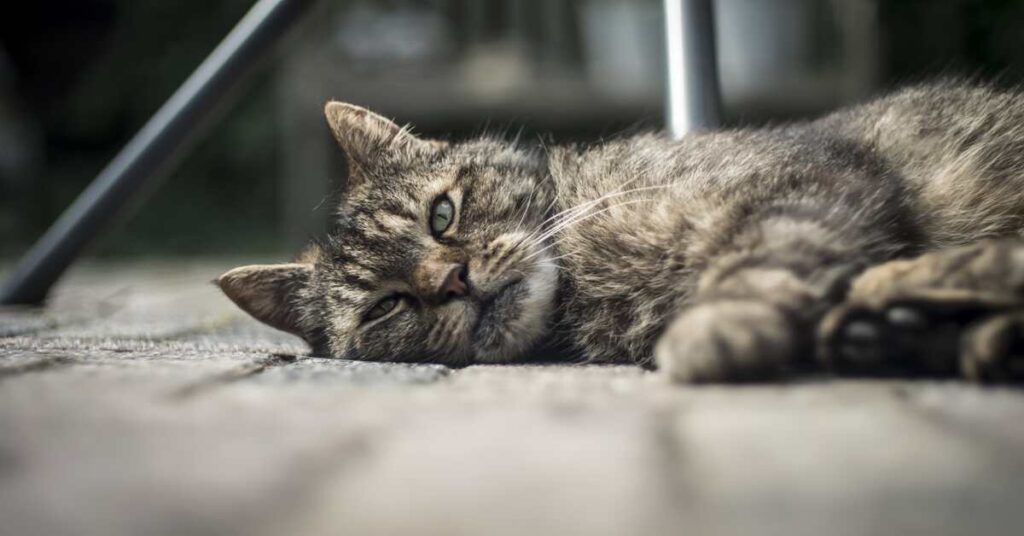
Symptoms of FPV in cats include fever, lethargy, loss of appetite, vomiting, diarrhea (which may contain blood), and a decrease in white blood cells (panleukopenia). The virus attacks rapidly dividing cells, affecting the gastrointestinal tract and bone marrow, leading to severe illness. Vaccination is crucial in preventing FPV in cats.
Vaccines are routinely administered to kittens and adult cats to build immunity against the virus. Proper hygiene, isolation of infected cats, and disinfection of living areas are also important in preventing the spread of the virus among feline populations. If a cat shows symptoms of FPV, immediate veterinary care is necessary for supportive treatment and to increase the chances of recovery
Can a cat give another cat parvo?
Parvovirus in cats, also known as feline panleukopenia virus (FPV), is highly contagious. Infected cats shed the virus in their bodily fluids such as saliva, feces, urine, and nasal discharge. Direct contact with an infected cat or exposure to contaminated items like food dishes, bedding, toys, and litter boxes can transmit the virus.
The virus is resilient and can survive in the environment for months, posing a risk to other cats that come into contact with contaminated areas.
Can parvo be transmitted from humans to cats?
Parvoviruses are species-specific, which means they tend to infect specific animals and don’t typically cross between different species. Parvoviruses that affect cats (feline panleukopenia virus, FPV) are distinct from those that affect humans or other animals.
Humans have their own types of parvoviruses, such as parvovirus B19, which causes a mild illness in people and is not transmissible to cats. There’s no documented evidence indicating that humans can transmit their parvoviruses to cats or vice versa.
In the case of the feline panleukopenia virus (FPV), cats primarily contract it through contact with infected cats or exposure to contaminated environments where the virus is present. Preventing transmission among cats involves vaccination, good hygiene practices, and minimizing exposure to potentially contaminated areas or animals known to carry the virus.
How do I tell if my cat has parvo?
Detecting parvovirus (feline panleukopenia virus, FPV) in cats involves observing specific symptoms:
- Gastrointestinal Issues: Look for severe vomiting, often followed by diarrhea, which might be bloody. Cats may also refuse to eat.
- Lethargy: Notice if your cat seems unusually tired, weak, or less active than usual.
- Fever: Check for signs of elevated body temperature. You can use a thermometer, but cats with a fever might feel warm to the touch.
- Dehydration: Pay attention to signs of dehydration like sunken eyes, dry gums, or skin that doesn’t spring back when gently pinched.
- Neurological Signs: In severe cases, cats might exhibit tremors, seizures, or other neurological symptoms.
Can a cat get parvo? symptoms
Cats can exhibit symptoms associated with parvovirus, also known as feline panleukopenia virus (FPV). Symptoms include:
- Gastrointestinal Issues: Cats may experience severe vomiting, diarrhea (often bloody), and a lack of appetite.
- Fever: Elevated body temperature is common in cats infected with parvovirus.
- Dehydration: Due to vomiting and diarrhea, cats may become dehydrated rapidly.
- Depression and Lethargy: Infected cats often appear weak, lethargic, and unwilling to engage in normal activities.
- Decreased White Blood Cell Count: Parvovirus affects white blood cells, leading to a decreased count, which compromises the immune system.
- Neurological Signs: In severe cases, cats might exhibit tremors, seizures, or other neurological symptoms.
Can a cat get parvo? care and treatment
cats can indeed get parvo, known as feline panleukopenia virus (FPV).
Care and treatment for a cat with parvo involve:
- Veterinary Attention: Seek immediate veterinary care if you suspect your cat has been exposed to parvovirus or is showing symptoms. Early detection and intervention are crucial.
- Supportive Care: Treatment primarily focuses on managing symptoms. This includes providing fluids to prevent dehydration, controlling vomiting and diarrhea, and maintaining proper nutrition.
- Isolation: Infected cats should be isolated from other cats to prevent the spread of the virus. Quarantine measures are important to avoid transmission.
- Medication: Your vet might prescribe medications such as anti-nausea drugs, antibiotics to prevent secondary infections, and other supportive medications based on the cat’s condition.
- Vaccination: Prevention is key. Vaccination against feline parvovirus is highly recommended to protect cats from contracting the virus.
Remember, parvovirus in cats can be severe, especially in kittens or cats with weakened immune systems. Therefore, prompt veterinary care is essential to improve the chances of recovery and minimize potential complications.
Can a cat get parvo? vaccination
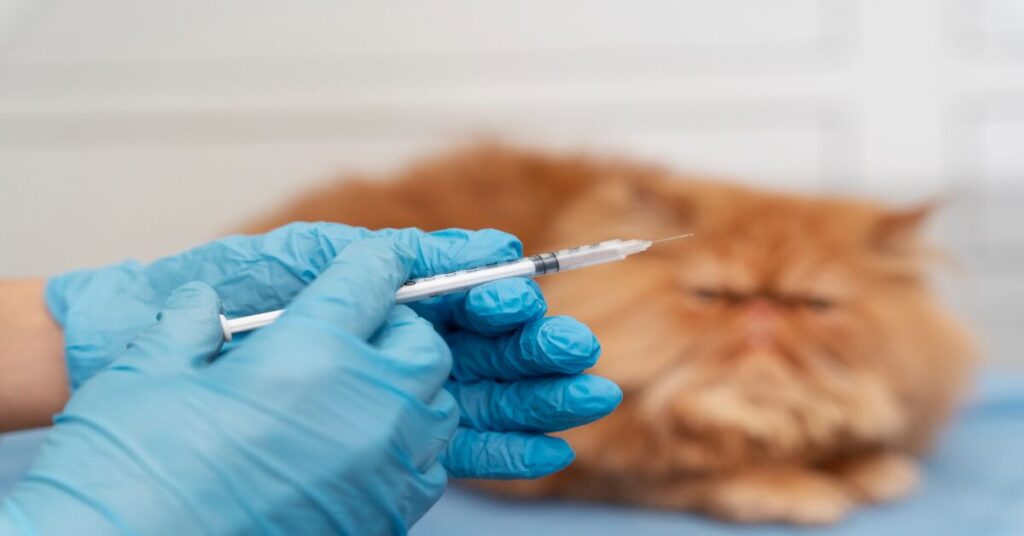
Feline parvovirus, or feline panleukopenia virus (FPV), is preventable through vaccination. The vaccine is a crucial part of a cat’s preventive healthcare plan.
The vaccination schedule typically starts when kittens are around 6 to 8 weeks old, with booster shots administered every few weeks until they reach around 16 weeks of age. Adult cats receive initial vaccinations and require periodic booster shots to maintain immunity.
The vaccine stimulates the cat’s immune system to produce antibodies against the virus. These antibodies help defend the cat if it’s exposed to parvovirus, reducing the likelihood of infection or minimizing the severity of the disease if contracted.
Consulting with a veterinarian is crucial to determine the most appropriate vaccination schedule based on the cat’s age, health status, and lifestyle. Keeping vaccinations up-to-date is key to providing continued protection against feline parvovirus throughout a cat’s life.
Can a cat get parvo? FaQs
Can stray cats get parvo?
Stray cats can get parvo, also known as feline panleukopenia virus (FPV).
Stray cats are at risk of contracting the virus if they come into contact with infected cats or contaminated environments where the virus is present.
Parvovirus is highly contagious and can spread easily among cats, including strays, through direct contact with infected animals or exposure to areas contaminated with the virus. Stray cats that have not been vaccinated against parvovirus are particularly vulnerable to infection.
Can a vaccinated cat still get parvo?
Feline parvovirus, or feline panleukopenia virus (FPV), is preventable through vaccination. The vaccine is a crucial part of a cat’s preventive healthcare plan.
The vaccination schedule typically starts when kittens are around 6 to 8 weeks old, with booster shots administered every few weeks until they reach around 16 weeks of age. Adult cats receive initial vaccinations and require periodic booster shots to maintain immunity.
The vaccine stimulates the cat’s immune system to produce antibodies against the virus. These antibodies help defend the cat if it’s exposed to parvovirus, reducing the likelihood of infection or minimizing the severity of the disease if contracted.
Consulting with a veterinarian is crucial to determine the most appropriate vaccination schedule based on the cat’s age, health status, and lifestyle. Keeping vaccinations up-to-date is key to providing continued protection against feline parvovirus throughout a cat’s life.
Can parvo be cured?
Parvovirus, specifically feline panleukopenia virus (FPV) in cats, doesn’t have a direct cure. However, supportive care and treatment can help a cat recover from the infection.
Veterinary treatment focuses on managing symptoms and providing supportive care. This often includes intravenous fluids to prevent dehydration, medications to control vomiting and diarrhea, and sometimes antibiotics to prevent secondary infections.
With prompt and intensive veterinary care, many cats can recover from parvovirus. However, the severity of the illness and the cat’s overall health condition, especially its immune system strength, greatly influence the chances of recovery. Vaccination is the most effective way to prevent parvovirus in cats, highlighting the importance of preventive measures against this potentially fatal virus.
Can Parvo kill my cat?
Parvovirus, specifically feline panleukopenia virus (FPV), can pose a severe risk to your cat’s health. It has the potential to be fatal, especially in kittens or cats with compromised immune systems. If left untreated or if the infection becomes severe, parvovirus can lead to dehydration, severe gastrointestinal issues, and a weakened immune system, which may result in the loss of your cat.
However, with prompt veterinary care, supportive treatment, and proper management of symptoms, many cats can recover from parvovirus. Vaccination is key to preventing this disease and can significantly reduce the risk of infection or lessen the severity of symptoms if a vaccinated cat does contract the virus.
If you suspect your cat has been exposed to parvovirus or is showing symptoms, seeking immediate veterinary attention is crucial to increase the chances of a successful recovery.

